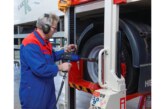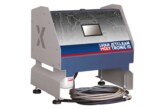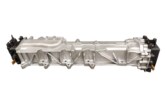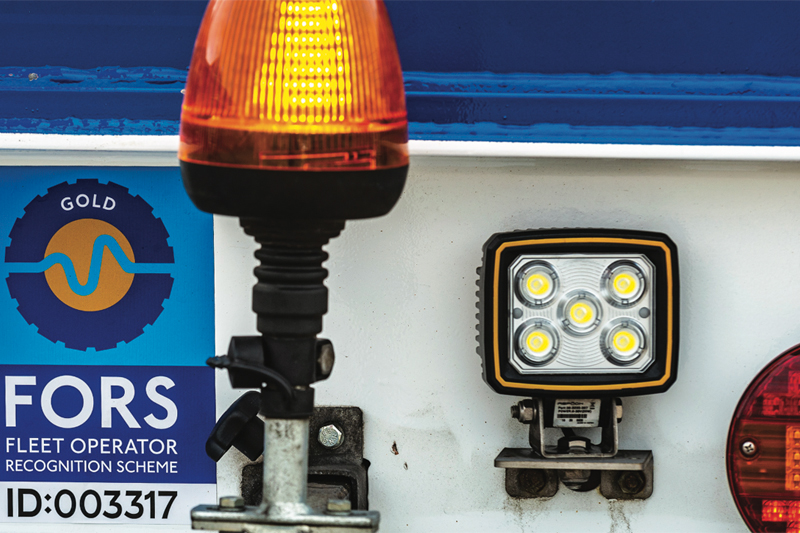
Much work has been done in recent years to improve safety for vulnerable road users, with the industry working hard to advance standards. John Hix, FORS Director, talks about how the company is taking legal compliance to the next step.
Voluntary accreditation as offered by FORS – the Fleet Operator Recognition Scheme – gives commercial vehicle operators a chance to go far above basic legal compliance, with safety at the top of the agenda.
The recently postponed Direct Vision Standard (DVS) is, in many ways, an extension of the strides the road transport industry is already taking to reduce collisions and help vulnerable road users.
Whilst the pandemic has pushed back the enforcement of DVS until at least March 2021, operators are still fully aware of their safety obligations, and those who are FORS members will be well used to thinking about visibility as one aspect of a complete approach to protecting vulnerable road users.
More than simple legal compliance
Since it began 12 years ago, FORS membership has grown to almost 5,000 nationwide. This is testament to the value operators of all types place on the voluntary accreditation scheme, and how it helps drive safety and efficiency through a unique mix of driver and management training, robust auditing, and performance monitoring.
FORS members can point to improved performance, total safety and security, and environmental practices – offering members a far broader remit than legal compliance.
Clear safety guidelines are set out at the entry-point ‘FORS Bronze’, with operators required to have basic safety equipment in place, including side under run protection and Class V and VI safety mirrors and warning signage on all commercial vehicles over 3.5 tonnes.
‘FORS Silver’ is the second level of accreditation, and many of the requirements set out at ‘FORS Silver’ relate to ensuring vehicles are equipped with safety technology to improve driver visibility, to ensure vulnerable road users are as aware as possible of the truck’s onward movements. Operators must prove all trucks over 3.5 tonnes GVW are equipped with an audible means to warn other road users of a vehicle turning left and reversing, and blind spot minimization measures.
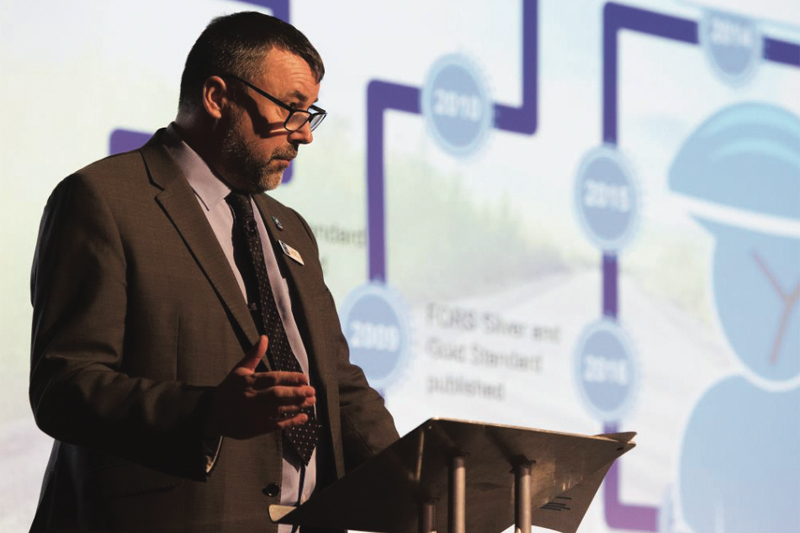
Training
Throughout the FORS Professional training programme, the importance of safety is clear; at all levels of accreditation, safety procedures are reinforced with regular driver training to fully embed a thorough understanding of the many challenges which come with driving and managing commercial vehicles.
FORS has adapted its training offering in light of the COVID-19 pandemic, moving many driver and management courses online. In April 2020, all FORS Professional manager courses were amended to suit an online format. A new secure ‘virtual classroom’ platform, launched in early September, was developed by FORS to enable delegates and trainer to see each other and engage in a classroom-like environment.
FORS urges drivers to refresh their FORS Pedestrian Safe eLearning training, in order to understand the specific dangers faced by pedestrians and learn how to protect them. FORS accreditation is about continuous progression, so the organisation’s members can become safer, smarter, and greener, offering customers a service far exceeding basic compliance, which has safety of all road users at its core.


